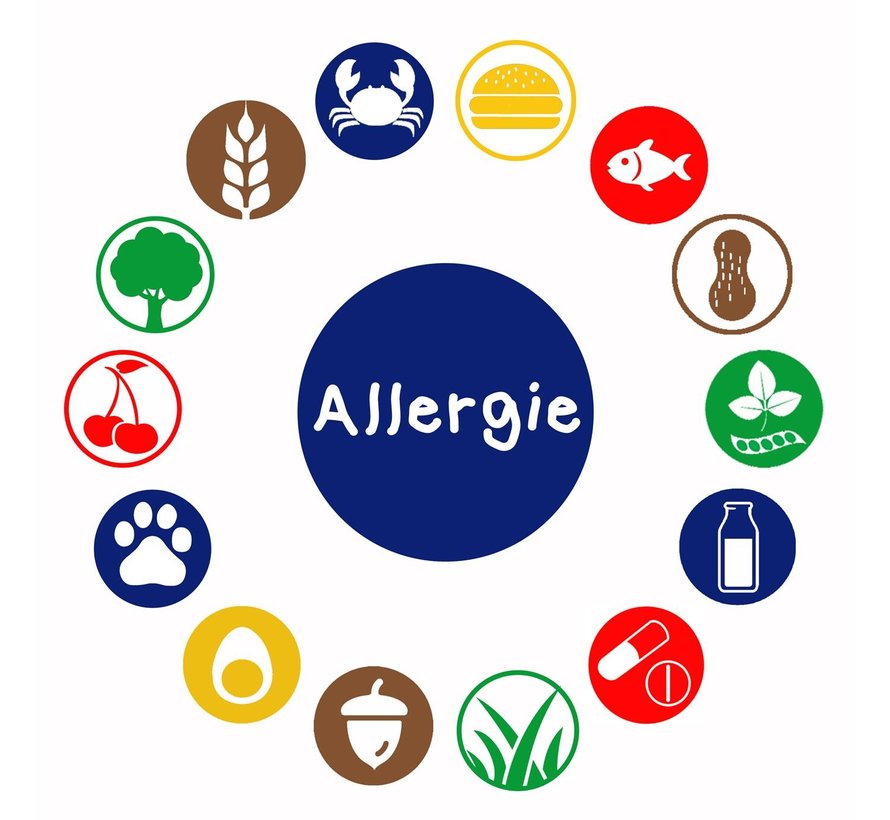IgE total - RP
This is a complementary test. This test is not (h)recognized by general practitioners and mainstream care. For follow-up care with Blood Value Test, ask for the specialized therapists.
This test measures the amount of immunoglobulin E (IgE) in blood.
This IgE RP test can also be requested as a follow-up test to the WatMagIkEten tests, whereby the storage time is one month instead of one week.
About IgE
You don't yet know what you are allergic to, only that you are allergic to something. It may be to metals, substances you breathe in or food.
IgE is also produced in response to prolonged exposure to pathogens such as; parasites, some viruses, bacteria or fungi.
The cause of the increased IgE must therefore be investigated further after this test.
IgE stands for immunoglobulin of class E. These antibodies are involved in the defense against parasites and in allergic reactions. An increased IgE is therefore seen in an allergic reaction or in an infection with parasites.
Immunoglobulins, or antibodies, are proteins produced by immune cells to clear foreign substances and fight infections (viruses, bacteria or parasites). There are five different types of immunoglobulins: IgG, IgM, IgA, IgD and IgE. IgE helps fight parasites such as worms, among other things. Sometimes the body's defenses kick in and IgE is made not only against invaders, but also against harmless substances, also called allergens, for example grass pollen or cat dander. A person can develop an allergy to such an allergen. There are two different IgE determinations: the total amount of IgE in the blood and the amount of IgE against a specific allergen.
If the amount of IgE is increased, it may fit with the symptoms of allergy, but it also happens that the symptoms do not fit (at all) with the increased IgE result. Therefore, the diagnosis of allergy can only be made on the basis of the complaints, possibly supplemented by the IgE result(s). A highly elevated result can fit hyper IgE syndrome and (job syndrome) or an IgE producing multiple myeloma (tumor Kahler's disease). In either case, an allergy must first be ruled out.
If you think that the IgE antibodies increase is caused by food, you can break this down further with
https://www.bloodtesting.nl/wat-mag-ik-eten-ige-klein.html
If you suspect it's from substances you breathe in, you can take this test:
https://www.bloodtesting.nl/ige-inhalatiemix-42-allergenen-rp.html










